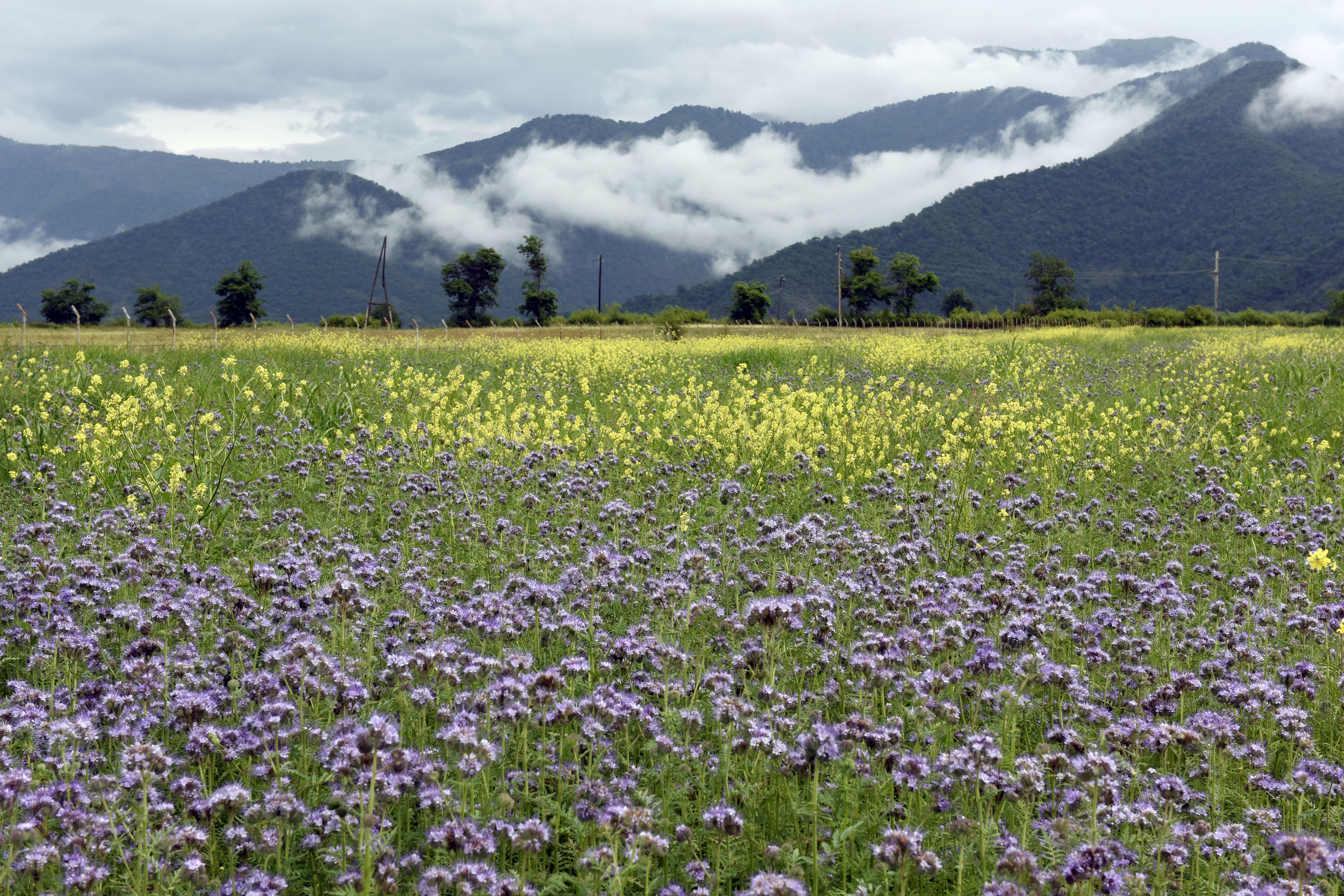Situation in Azerbaijan
 The Government of Azerbaijan ratified the Stockholm Convention in 2004 and the Basel Convention in 2001, but is not yet party to the Rotterdam Convention. The country made a public commitment to become a regional leader in cleaning up POPs and to promote environmentally sound waste management at the 11th HCH and Pesticides Forum held in Azerbaijan 7-9 September 2011. Currently, definitions of hazardous waste, especially of pesticides waste in the national legislation are based on the Regulations and Instructions adopted according to the Rules “on Wastes” and “on Phytosanitary Control”. Development of legislation in line with the requirements of EU Waste Directive 2008/98/EC of the European Parliament and of the Council of 19 November 2008 on waste still needs to be finalised.
The Government of Azerbaijan ratified the Stockholm Convention in 2004 and the Basel Convention in 2001, but is not yet party to the Rotterdam Convention. The country made a public commitment to become a regional leader in cleaning up POPs and to promote environmentally sound waste management at the 11th HCH and Pesticides Forum held in Azerbaijan 7-9 September 2011. Currently, definitions of hazardous waste, especially of pesticides waste in the national legislation are based on the Regulations and Instructions adopted according to the Rules “on Wastes” and “on Phytosanitary Control”. Development of legislation in line with the requirements of EU Waste Directive 2008/98/EC of the European Parliament and of the Council of 19 November 2008 on waste still needs to be finalised.
The main institutions involved in pesticides management at the national level are the Azerbaijan Food Safety Agency, the Ministries of Agriculture, Ecology and Natural Resources, Emergency Situations, and Economy. Capacity needs to be completed on control of imported pesticides, health and environmental incidents, and pesticide residue monitoring in food to protect consumer health. Pesticide importers and traders do not have product stewardship programmes, i.e. offering less hazardous formulations, taking back used pesticide containers, or training pesticide users in handling practices or triple rinsing of empty pesticide containers.
Based on the latest 2020 inventory, Azerbaijan's stock of obsolete pesticides is estimated at 10 354 metric tonnes, with stocks scattered at 32 sites in 59 districts. The central obsolete pesticides landfill in Jangi alone stores about 10 000 metric tonnes in concrete bunkers. In addition, an estimated 25 000 m3 of contaminated soil needs to be treated. In the country triple rinsing of containers is not a common practice, though Baku based NGOs have carried out some training in this field. The annual amount of plastic wastes generated from empty pesticides containers is estimated at in minimum 1 000 metric tonnes.
Ongoing activities in Azerbaijan
Component 1
- Safeguarding of 217 metric tonnes of obsolete pesticides according to international best practices (159 t out of 217 t safeguarded in 2022, works will be completed in April 2023)
- Finalization of national capacity assessment on co-processing of obsolete pesticides
- Pilot activities on investigation and rehabilitation of pesticide contaminated sites
- Development of national Container Management System (CMS) – Development and implementation of CMS pilot
- Improve national capacity in obsolete pesticides landfill management
Component 2
- Assessment and identification of gaps and need for improvements in national legislative framework on pesticide lifecycle management
- Improvement of national pesticides registration system
- Support ratification of Rotterdam Convention process
Component 3
- Development of Integrated Pest Management (IPM) National Action Plan
- Improve national capacity on Integrated Pest Management
- Promote use of alternatives to Highly Hazardous Pesticides (HHPs)
- Promote alternatives to agrochemicals – Organic School Garden Concept
Key results so far in Azerbaijan
National obsolete pesticides inventory updated
Safeguarding of liquid pesticides ongoing (so far 10 tonnes repacked)
Options for national disposal assessed
Investigation of two contaminated sites started
National work group empty container management established
Pesticide management legal framework assessed
HHP baseline assessment done
Kids Booked available in Azerbaijani
